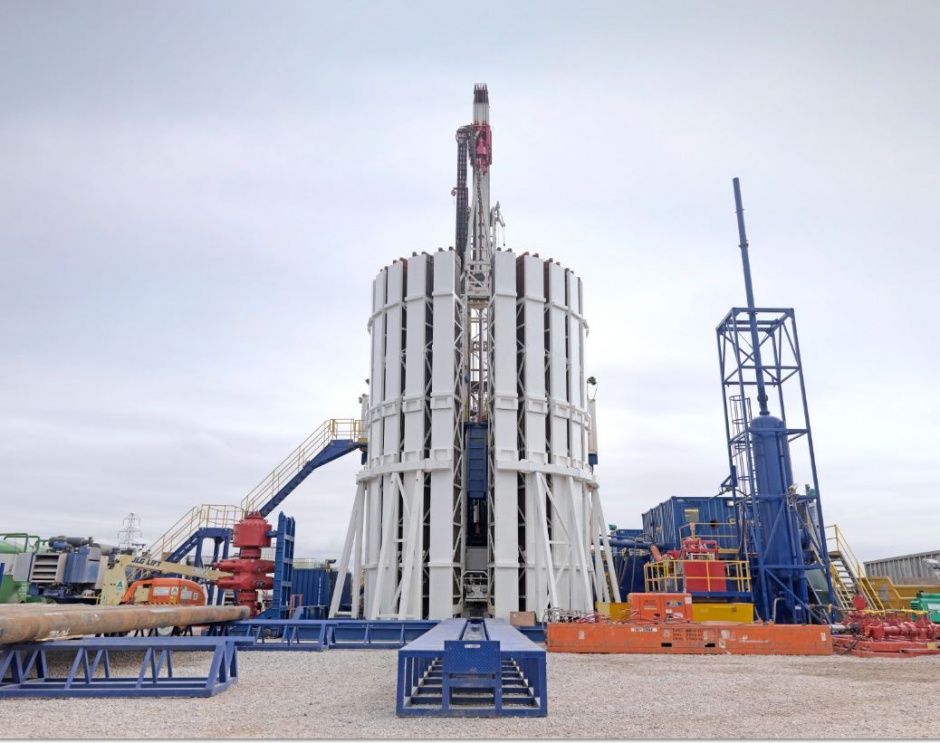Coke-resistant catalyst improves activation of methane in shale gas
A new coke-resistant alloy catalyst promises to make methane reforming processes from shale gas more energy efficient, a development that could benefit the production of hydrocarbon fuels.

A team of researchers led by UCL (University College London) and Tufts University in Massachusetts has developed the platinum and copper alloy catalyst, which overcomes issues associated with certain catalytic devices.
Platinum or nickel, for example, break the carbon-hydrogen bonds in methane found in shale gas to make fuels and other chemicals but the process causes 'coking', where the metal becomes coated with carbon. This then renders the catalyst ineffective by blocking reactions from happening at the surface.
According to UCL, the new alloy catalyst is resistant to coking, so it retains its activity and requires less energy to break the bonds than other materials.
Currently, methane reforming processes are energy intense, requiring temperatures of about 900 degrees Celsius, whereas the new material could lower this to 400 degrees Celsius.
The study, published in Nature Chemistry, demonstrates the benefits of the new highly diluted alloy of platinum in copper — a so-called "single atom alloy" — in making useful chemicals from small hydrocarbons.
Register now to continue reading
Thanks for visiting The Engineer. You’ve now reached your monthly limit of news stories. Register for free to unlock unlimited access to all of our news coverage, as well as premium content including opinion, in-depth features and special reports.
Benefits of registering
-
In-depth insights and coverage of key emerging trends
-
Unrestricted access to special reports throughout the year
-
Daily technology news delivered straight to your inbox










UK Enters ‘Golden Age of Nuclear’
Anybody know why it takes from 2025 to mid 2030's to build a factory-made SMR, by RR? Ten years... has there been no demonstrator either? Do RR...